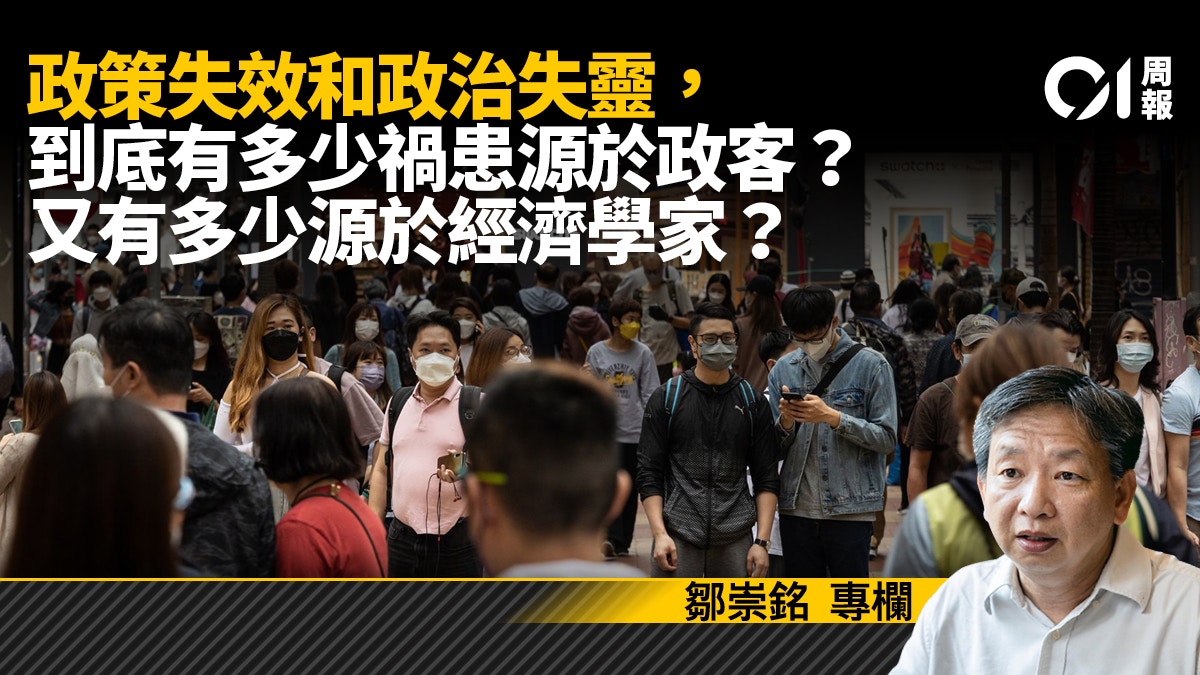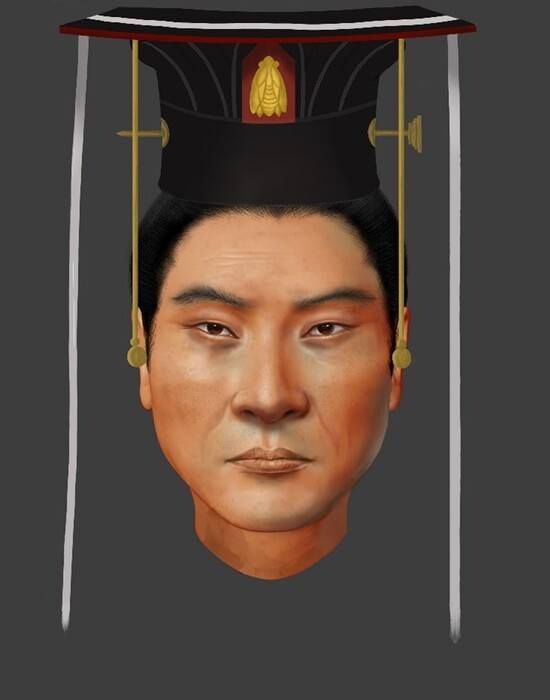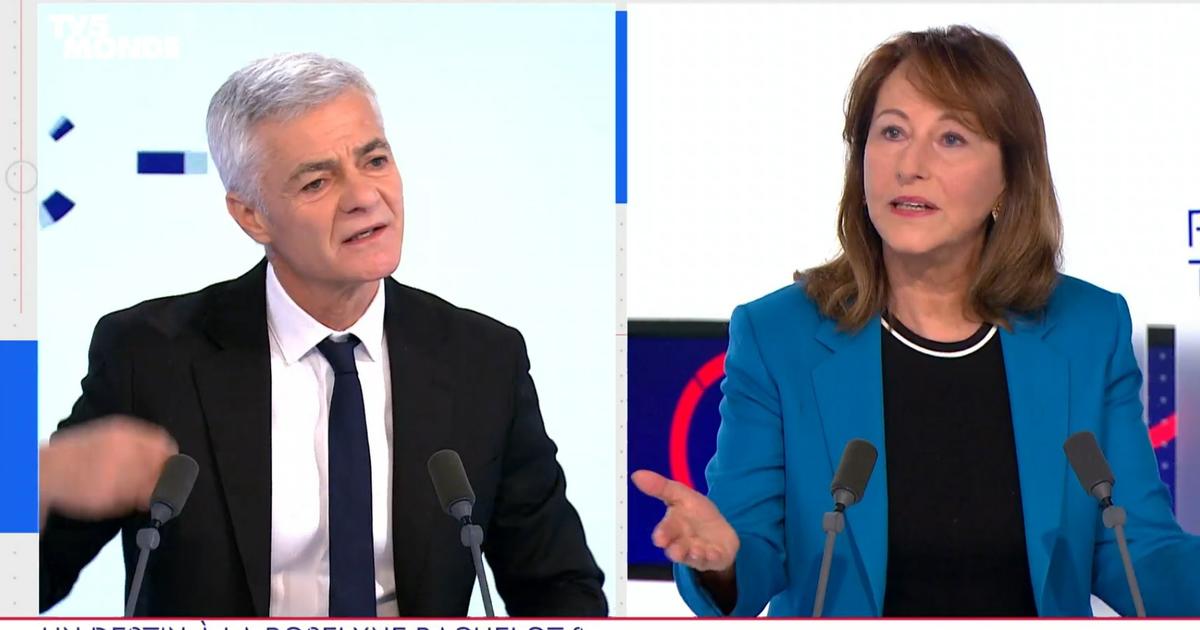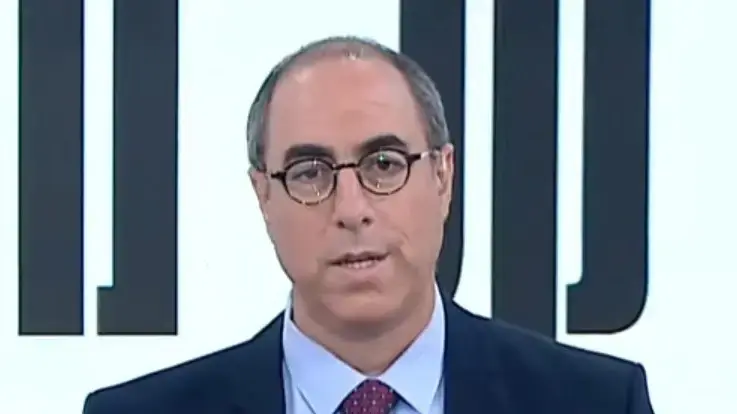In the 25th anniversary of Hong Kong's return to the motherland, in my column articles in the past few months, I have made some stocktakings, but it is not a "review of historical events" style, but rather some very important, but relatively The undervalued concept (or should be said to be a combination of concepts), has undergone some clarification and reflection.
Frankly speaking, it was only after the publication of several articles that I became more aware of the coherence between them:
1.
Small government vs. big government
: In reality, the "visible hand" of the far-flung government is always deeply hidden by the myth of "small government"
(4/4/2022)
2.
Limited government vs. Unlimited government
: "Limited government" is the cornerstone of modern civilization, and a regime with expanding powers and unrestricted powers should be called "Fascism" (8/4/2022)
3.
Industrial vs. Post-Industrial Society
: As economic activities become more and more virtual, understanding economic laws and changing the role of government must also keep pace with the times (2/5/2022)
4.
Chinese Gene vs. Western Gene
: At the intersection of Eastern and Western cultures, can we look at the question of how to understand where we come from, without political slogans and struggle thinking?
(16/5/2022)
5.
Political crisis vs. social and economic crisis
: The world is facing a political crisis that everyone sees, attracting everyone’s attention, but the social and economic crisis hidden behind it, the inextricable relationship between politics and economy, has it ever passed? are ignored?
(13/6/2022)
6.
Scientific language vs. Humanistic language
: The understanding or misunderstanding of the above-mentioned problems all stem from a set of language that we have long been accustomed to and immersed in without knowing it—the language of mainstream economics.
To put it figuratively, it has given Hong Kong people a practical text reader, but it is used for taking a course of literary appreciation - do you still not notice the aftereffects?
(30/5/2022)
Literacy work on misuse of language
When we misuse a textbook for a long time to understand an irrelevant world, over time, our thinking mode will be distorted, and we will see a deformed "reality".
This is probably my new book "Economics?
What to say!
” (Lingnan University Cultural Research and Development Center, 2022), focusing on the issues raised by the attempt (Note).
Also frankly speaking, this is not a systematic academic monograph, and most of the articles are just from newspaper columns over the years; after looking back, I can more clearly appreciate the subtle coherence between the articles.
Tracing back to the source, mainstream economics brings misuse and misleading of language. The starting point of the story is 1944, more than half a century ago. Two economic masters from Austria, Hayek (1899-1992) and Polanyi (1886-1964) respectively Published two masterpieces, The Road to Serfdom and The Great Transformation.
Hayek was immediately popular in the United States, and then went to teach at the University of Chicago, and is widely regarded as the founder of "neoliberalism".
Polanyi adhered to the belief in social democracy and was regarded as Hayek's most powerful critic.
In the Cold War era after World War II, Europe and the United States were still dominated by the Keynesian welfare state, and the Chicago School was only a small academic circle on the fringes.
Until the 1970s, when the development of the welfare state stagnated, the right-wing trend of thought gradually gained the political upper hand, and neoliberalism was regarded as the golden rule by those in power.
The first generation of local Hong Kong scholars who returned from their studies in that era, under the rule of the same right-leaning British colony in Hong Kong, inevitably accepted the belief in "the supremacy of the market".
The first generation of local Hong Kong scholars who returned from their studies in that era, under the rule of the same right-leaning British colony in Hong Kong, inevitably accepted the belief in "the supremacy of the market".
(file picture)
Polanyi has always been popular in the field of social sciences, and has become the most important critical tool in the era of globalization, economic crises, and the sharp deterioration of the gap between the rich and the poor.
However, the substantivist economics that he advocated for returning to the real situation and the real situation has never posed any threat to the pretentious and formalist mainstream economics (formalist economics).
As I pointed out in the book: "Those who are deeply troubled by drug addiction are difficult to treat with drugs that are too strong; to recover from the mental trauma caused by mainstream economics and return to the real situation of social life, it is also more appropriate to use The step-by-step formula allows everyone to slowly adjust the neurons in the brain and gradually return to a more common-sense mode of economic thinking. For this, behavioral economics (behavioural economics), as a branch of economics, can really serve as a transitional function.”
It is a pity that there are still very few people who come into contact with and teach behavioral economics in Hong Kong. On the contrary, there are only many scholars from the mainland.
Hopefully, Economics?
What to say!
"It can be an early step for introducing, popularizing and even reflecting on behavioral economics.
I will have the opportunity to introduce it to you again in the future.
Wang Yujian, Song Enrong and Lei Dingming
If the above discussion seems a bit abstract, please allow me to introduce some highly respected local first-generation scholars directly, and see what they are teaching our students in the most prestigious institutions of higher learning in Hong Kong:
1. Wang Yujian: Chief Vice-President of the University of Hong Kong, Consultant of the United Hong Kong Fund.
This school of thought, known as the "endogenous growth theory", emphasizes the contribution of colleges and research institutions to economic innovation, but does not distort the structure of real industries - or, more directly, economics has always been There is no real industry research.
2. Song Enrong: Head of Emeritus Department of Economics, Chinese University of Hong Kong, convener of 38 Economists who support "Lantau Tomorrow".
Zeng has highly advocated the contribution of "Lantau of Tomorrow" to land demand and social benefits, proving that the government's initial investment of 625 billion yuan is worth the money.
It's a pity that the so-called "arguments" are all from government documents, and parroting is too much.
3. Lei Dingming: Head of Emeritus Department of Economics Department of Hong Kong University of Science and Technology, consultant of Hong Kong Solidarity Fund and member of Hong Kong Speak Out.
His remarks such as "country parks should be used to build houses" and "e-payment for chickens" were a blockbuster and were more widely known in the mainstream media.
It is said that he had invited Paul Romer, the 2018 Nobel Laureate in Economics, to teach in Hong Kong, and highly praised the latter's theory of industrial agglomeration - but is it the market advantage, monopoly advantage, or "the country advances and the people retreat"? What about the advantage?
It's hard to tell.
Chief Executive Carrie Lam Cheng Yuet-ngor put forward the vision of Lantau tomorrow.
(file picture)
How should the contributions of the above-mentioned people be viewed?
I am reminded of the 2019 Nobel Prize winners Abhijit Banerjee and Esther Duflo, who pointed out in their new book "Good Economics for Hard Times: Better Answers to Our Biggest Problems" in the same year: A British poll asked respondents which professional opinions are the most Trustworthy, the results found that nurses had the highest trust rate at 84%; politicians had the lowest, only 5%; and economists ranked second, only 25% trusted their professional opinions.
The duo conducted a similar survey in the United States, interviewing 10,000 Americans, and the results were the same: Politicians had the least trust, and economists had the second lowest.
Banerjee and Duflo went on to say: We, as economists, are too often trapped in theoretical models, often forgetting where the boundaries of science and where ideology begins.
We often make policy recommendations, but they are based on assumptions that, for us, are tangential, simply because they are a necessary basis for economic models.
However, that doesn't mean they are always correct.
How many scourges of policy failure and political failure stem from politicians?
How much comes from economists?
In the end, someone will always count.
It's easy to get out, and I have to pay it back!
Note: https://commons.ln.edu.hk/ccrd_econbook/









